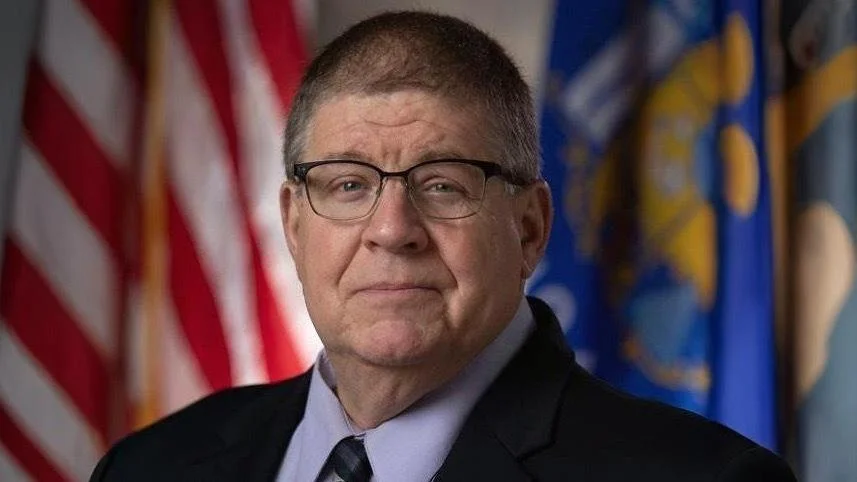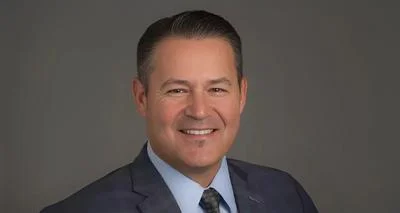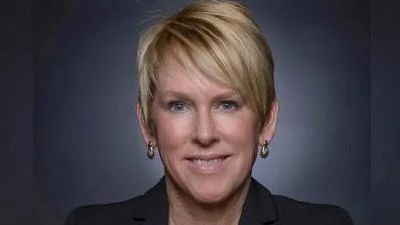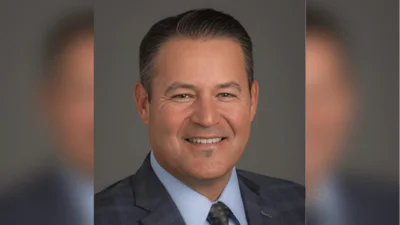David Armstrong, Wisconsin State Representative for 67th District | https://www.facebook.com/RepArmstrongWI/
David Armstrong, Wisconsin State Representative for 67th District | https://www.facebook.com/RepArmstrongWI/
According to the Wisconsin State Legislature's official website, the bill was described as follows: "special circumstances battery to a community service officer and providing a penalty".
The following is our breakdown, based on the actual bill text, and may include interpretation to clarify its provisions.
In essence, this bill amends the Wisconsin statutes to include community service officers under the special circumstances battery law, which presently applies to judges, prosecutors, and law enforcement officers. It makes it a Class H felony to intentionally cause or threaten bodily harm to a community service officer, or their family member, when the person committing the act or threat knows or should know the victim's role and the act is in response to an official action taken by the officer. The change aims to enhance protections for community service officers similar to those already in place for other public officials.
The bill was co-authored by Senator Jesse L. James (Republican-23rd District), Representative Scott Allen (Republican-82nd District), Representative Elijah R. Behnke (Republican-6th District), Representative Lindee Rae Brill (Republican-27th District), and Representative Calvin T. Callahan (Republican-35th District). It was co-sponsored by Senator Cory Tomczyk (Republican-29th District), along with nine other co-sponsors.
David Armstrong has co-authored or authored another 15 bills since the beginning of the 2025 session, with none of them being enacted.
Armstrong, a Republican, was elected to the Wisconsin State Assembly in 2025 to represent the state's 67th Assembly district, replacing previous state representative Rob Summerfield.
In Wisconsin, the legislative process starts when a senator, constituent, group, or agency proposes an idea for a bill. After drafting, the bill is introduced, numbered, and referred to a committee for review and public input. If approved, it moves through three readings and votes in both the Senate and Assembly. Once both chambers pass the same version, the bill goes to the governor, who can sign it, veto it, or let it become law without a signature. Only a small share of bills introduced each session ultimately become law. You can learn more about the Wisconsin legislative process here.
| Bill Number | Date Introduced | Short Description |
|---|---|---|
| AB53 | 02/24/2025 | Special circumstances battery to a community service officer and providing a penalty |
| AB41 | 02/17/2025 | Local regulation of vegetable gardens |
| AB35 | 02/17/2025 | Withdrawal of candidacy for certain offices filled at the general election and providing a penalty. (FE) |
| AB21 | 02/06/2025 | Technical colleges’ lease of their facilities to others. (FE) |
| AB12 | 02/06/2025 | State agency status for certain physician assistants and advanced practice nurses who provide services without compensation for local health departments or school districts. (FE) |





 Alerts Sign-up
Alerts Sign-up